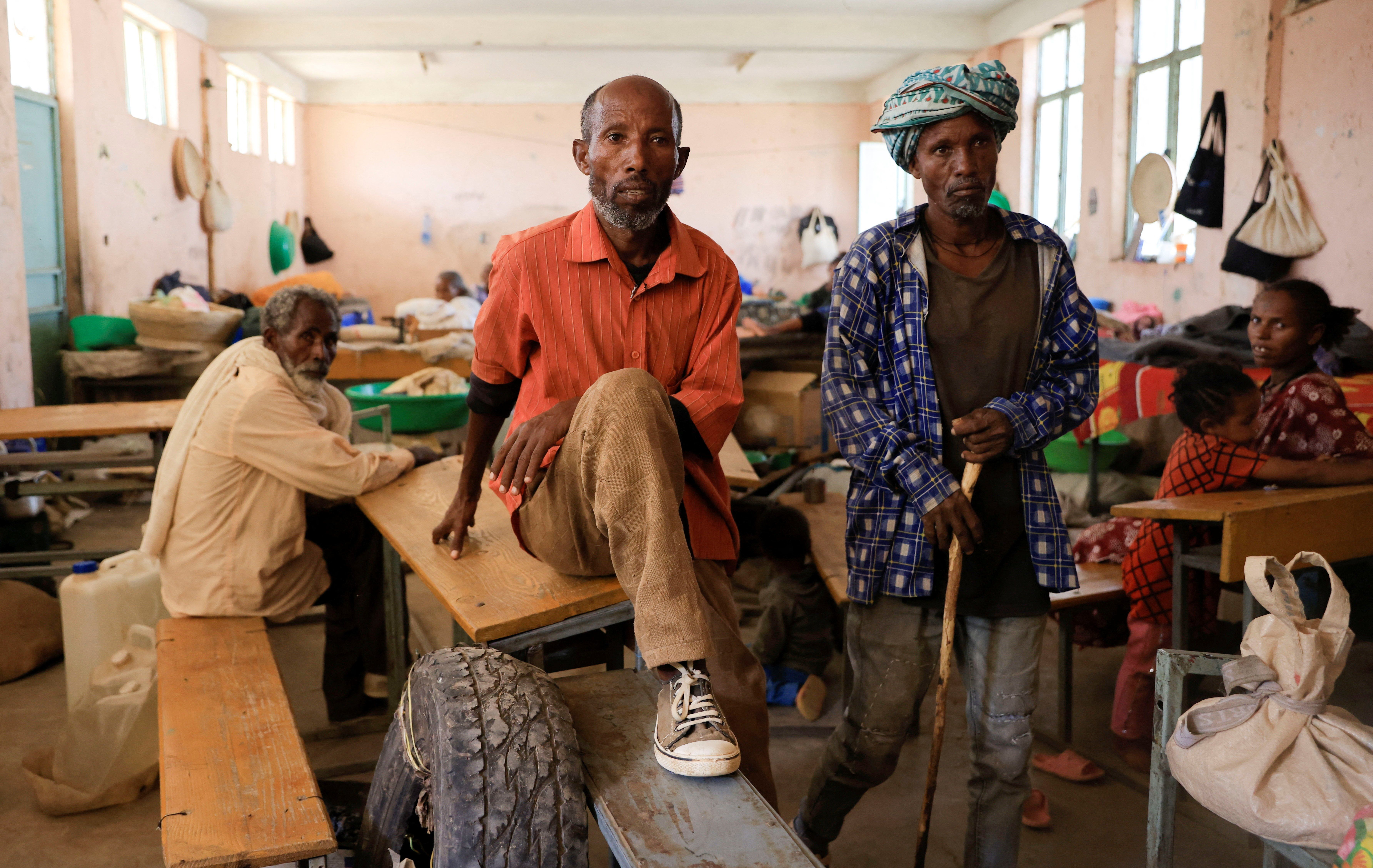The security situation is spiraling in Ethiopia’s northern Amhara region with reports that an Amhara militia has wrested control of several towns from federal forces.
What triggered these clashes? This violence comes just nine months after a truce came into effect in Ethiopia’s northern Tigray region ending two years of bloody conflict between government forces and Tigray Defence Forces. (Despite accounting for just 7% of Ethiopia's population, Tigrayans dominated Ethiopian politics for decades until current PM Abiy Ahmed, from the Oromo ethnic group, came to power in 2018.)
After that conflict, Addis Ababa called for the dismantling of all regional forces, hoping to integrate them into the national army. But Amhara nationalists who have long felt isolated from national politics opposed the move and took up arms.
Deadly clashes between government forces and Amhara nationalists prompted the central government to declare a state of emergency in recent days, giving its forces power to conduct raids and detain people without a court order, as well as impose curfews and ban public gatherings. Meanwhile, Amhara fighters have reportedly looted government offices and raided prisons.
Ethiopia, ruled by a military junta until 1991, is deeply fragmented and made up of more than 90 ethnic groups, many of whom have traditionally felt excluded from political power.
As Africa’s second-most populous country, instability in Ethiopia can have a destabilizing impact on the entire Horn of Africa. That’s what happened in Tigray in recent years, with hundreds of thousands of refugees forced to flee to neighboring countries.
The US, for its part, has warned Abiy to get hold of the situation before things deteriorate further. But in a country rife with ethnic strife, it seems more likely that the situation in Amhara will worsen in the near term.
